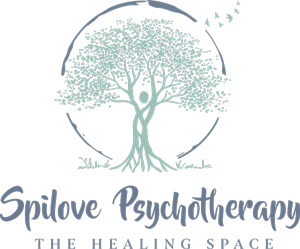DBT has 4 tenants: distress tolerance, interpersonal effectiveness, emotion regulation and mindfulness. These skills are essential when doing trauma work for PTSD and for many other difficulties such as anxiety, depression, anger management, eating disorders, self-harm and addiction.
If you’d prefer to get underneath the trauma, you will need a therapist who can help you with skills to stabilize and one who is able to help you heal at the root of the problem.
These skills are the building blocks that will allow you to be able to function and tolerate uncomfortable memories and emotions as you dive deeper into the healing work.
2. Which Therapeutic Models Do you Prefer?
When looking for a trauma specialist in Bryn Mawr, you’ll also want to take the time to find out the model or theory that the therapist uses to help navigate your therapy. If you’re looking for a safe space to process and talk things out make sure you find a counselor who is great at talk therapy. If you are looking for evidence based interventions to help you DO something with the traumatic material, you may want to investigate something like EMDR. If you want to work more from the body or a creative place, you may want to look for an art therapist, a yoga therapist or an experiential or psycho-dramatic therapist. Ideally, you’ll find a therapist who is able to choose a therapeutic tool from a large tool belt with many choices.
3. What is your commitment level to healing?
Successful therapy is mostly about your commitment to healing. Your counselor may ask you to consider abstaining from addictive substances, behaviors or eating disordered behaviors, especially while you’re engaged in trauma work. If you’re doing drugs, engaging in self harm or throwing up your food while you’re trying to heal from PTSD, it can side-track the process. Instead of taking the time in between sessions to allow your psyche to continue to process and digest the trauma, engaging in behaviors can numb the emotions and make it less likely that you will process and be ready for your next session. When you commit to your own healing process, it means you are willing to look at all aspects of your life and work towards shifting the things that no longer serve you.














